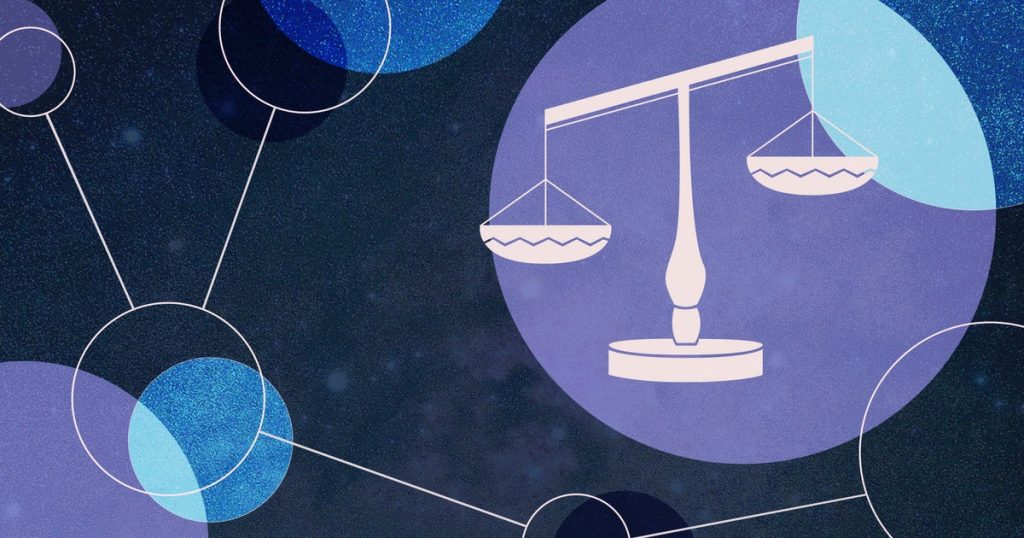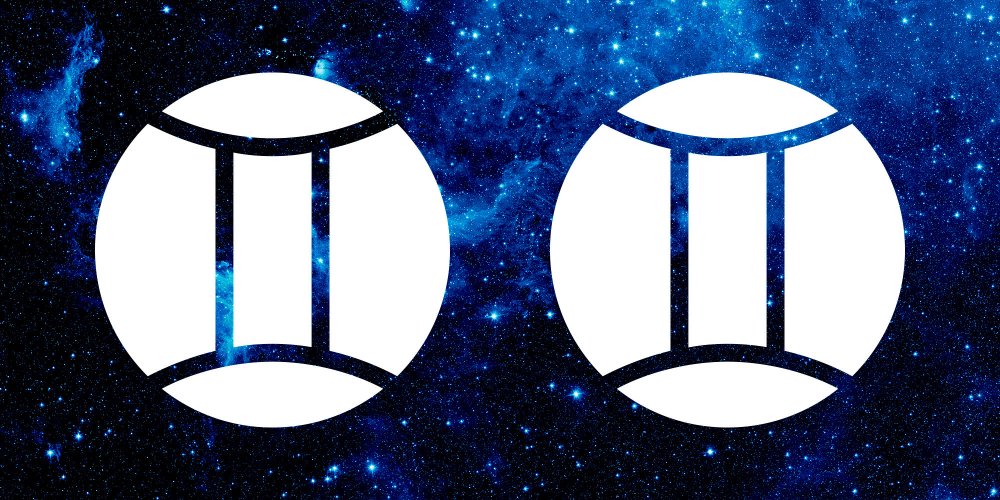Summary
Indian astrology: presentation
Finding its source in the origins of civilization, theastrology Indian emerges 5000 years ago. Named « Jyotish » which translates to « light », thehindu astrology stands out as one of the first known stellar revelations. Like a shiny green stranded on the borders of the Orient, the luminosity of Indian astrology sheds light on our destiny and allows those who question it to trace the path to better self-knowledge, to approach his future. Called in the West karmic astrology, based on your karmas, Indian astrology takes its name – Veda – from the sacred books of India, hence its name, Vedic astrology.
The oriental specificity of Indian astrology
This Vedic astrology differs significantly from the astrology known and practiced in the West. No « classic » horoscope but an astral reading based on the « sidereal » Zodiac and the Lunar Zodiac which have fallen into oblivion in the West. In India, the astral theme is determined via the system of planetary periods coupled with very elaborate techniques, which makes it unique. This eastern specificity of Indian astrology compared to our western astrology with their respective zodiacs creates a discrepancy called « Ayanamsa » in Sanskrit, translating in us the awareness that another astrological reading exists.
Also discover:
=> Egyptian astrology
=> Tibetan astrology
=> Japanese astrology
=> relational astrology
=> world tour of clairvoyance
The symbolism of Indian astrology
In Indian mythology, two tutelary figures stand out in particular: « Mangala » and « Soma ». “Mangala” which designates Mars can be translated as “the beneficial one” which has the power to annihilate demons. He draws this power from his origin: « Mangala » would come from the sacred seed of the God Shiva. For its part, « Soma », its masculine name, is the God « Moon », androgynous divinity in India, called « Chandra » for its feminine side which means « the delights ». “Soma” designates the nectar of immortality. Constantly traveling between his two appearances, « Soma » and « Chandra », he symbolizes the variability of the mind. « Mangala », he is a « spiritual warrior », ascetic also, who allows to overcome evil.




